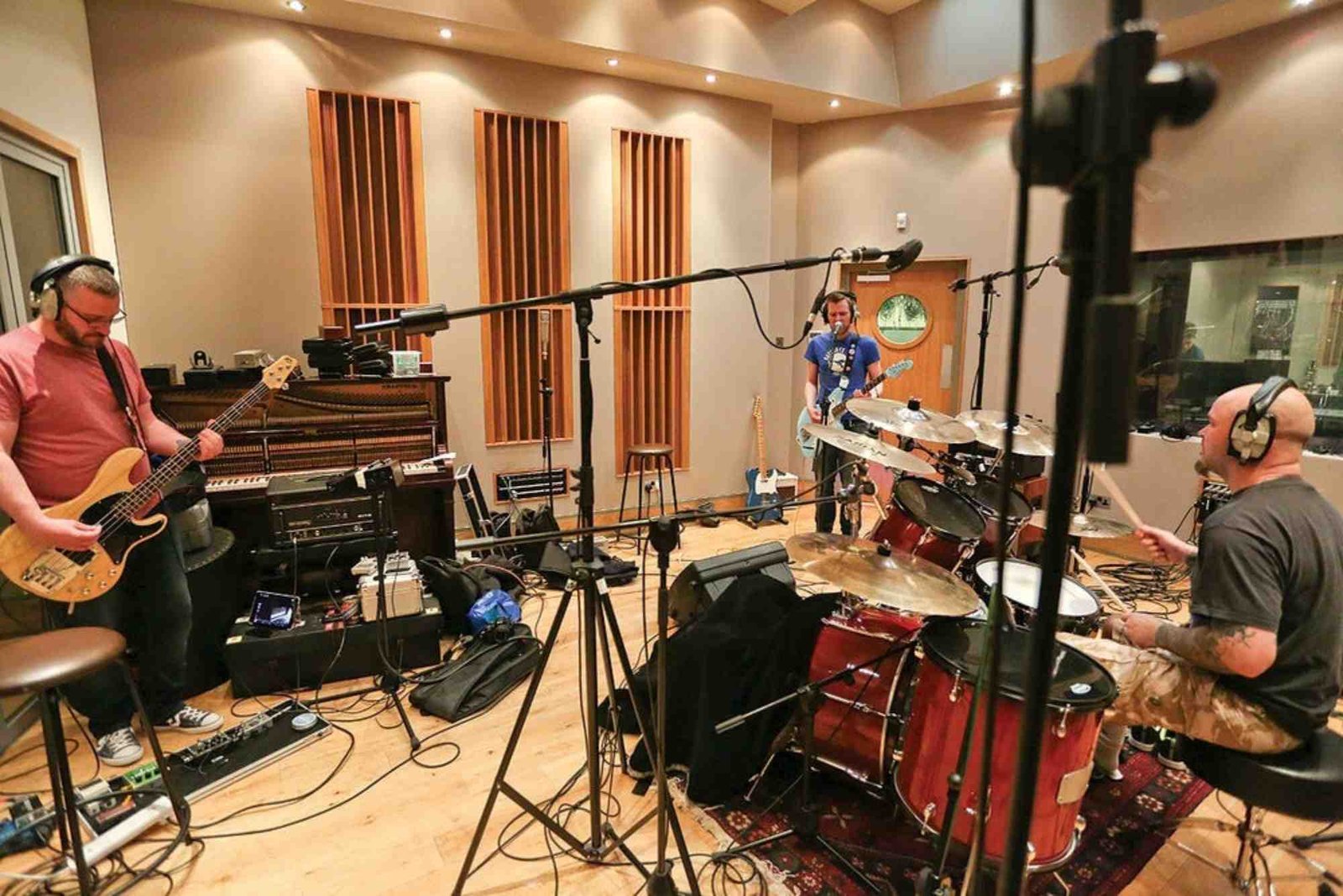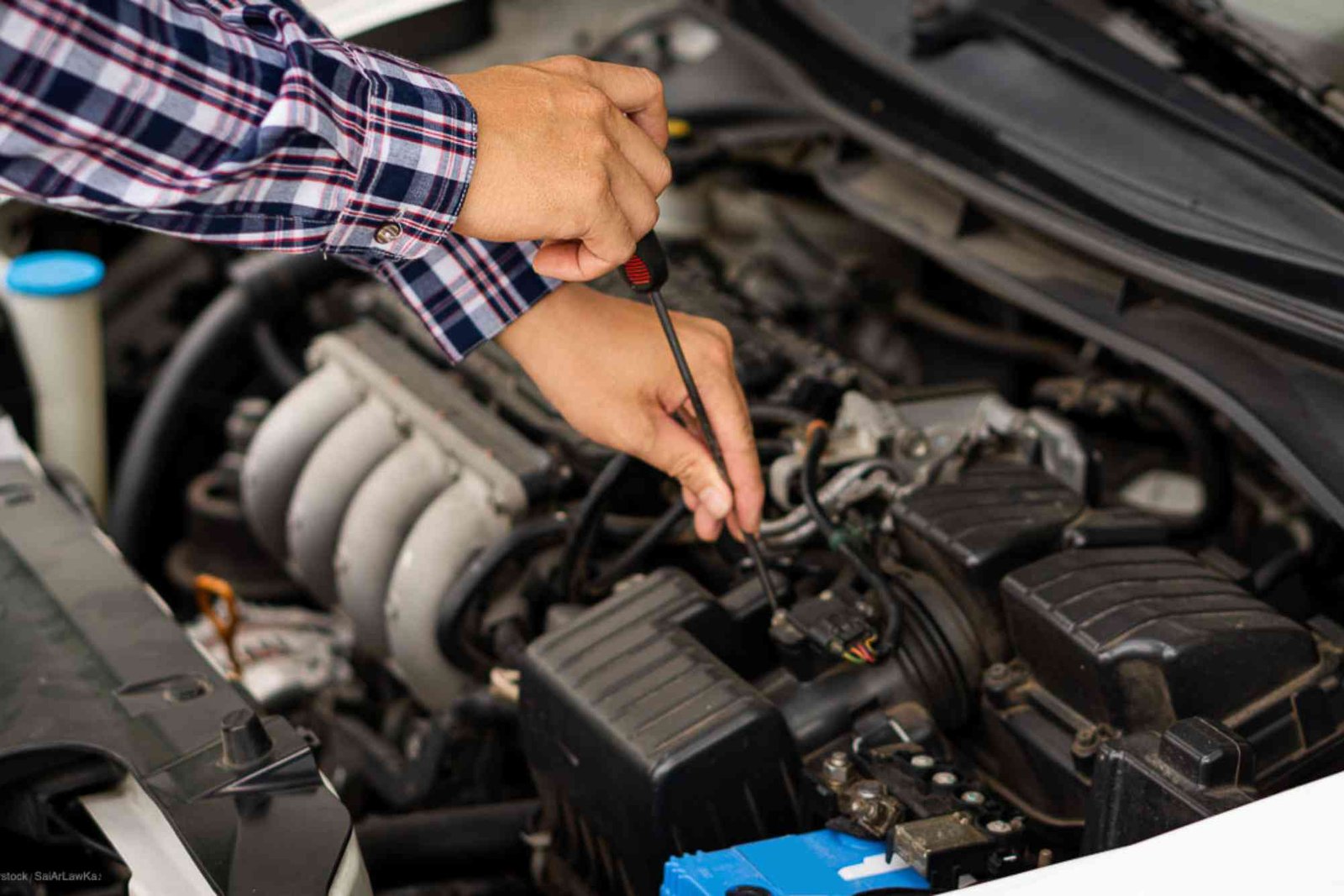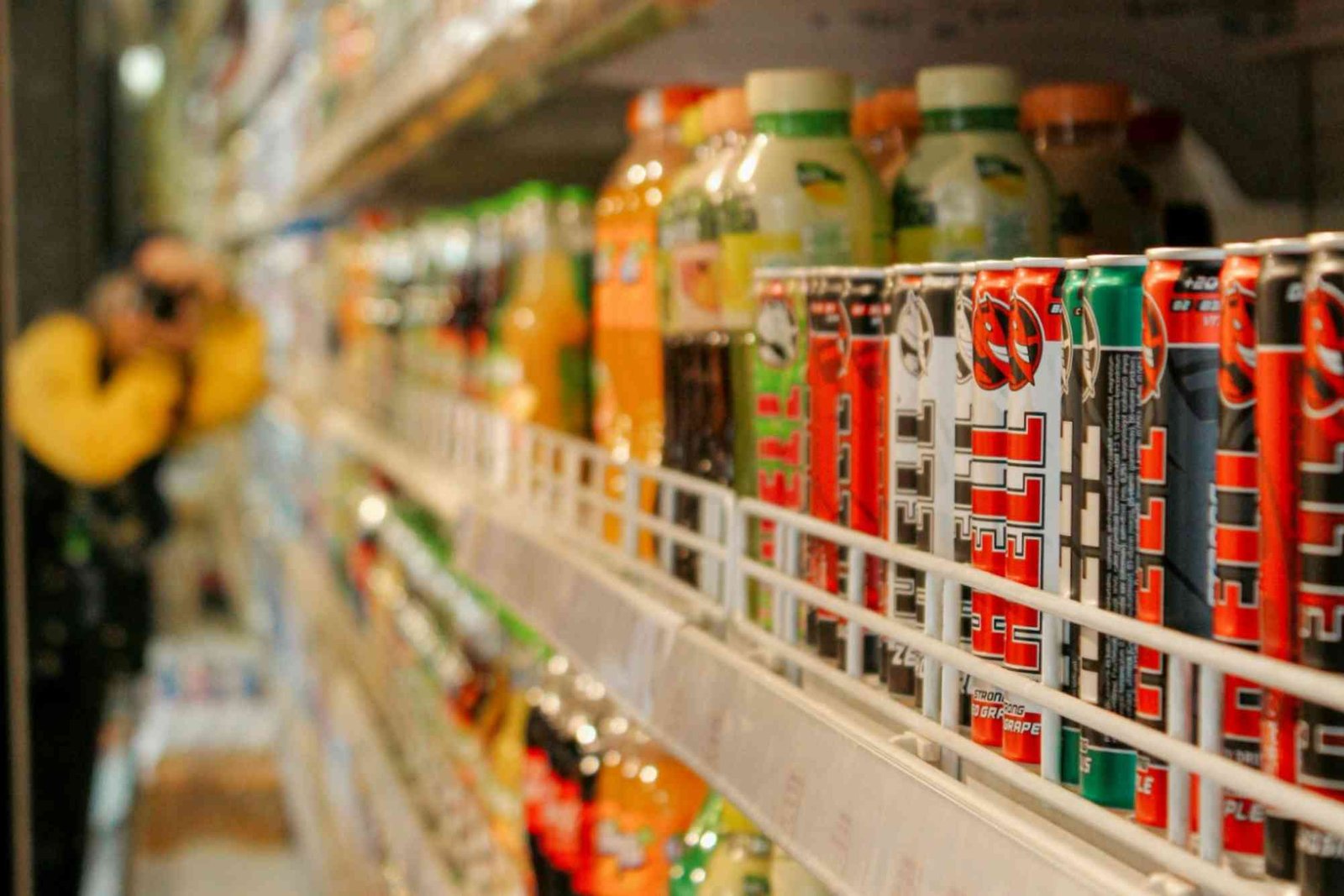Introduction
The question “Will Diesel Cars Be Banned In India” has become a hot topic among vehicle owners and enthusiasts. With India’s growing concern about air pollution and its commitment to sustainable mobility, the fate of diesel cars is under scrutiny. Many people fear that diesel vehicles will soon disappear from Indian roads, while others believe they’ll adapt through cleaner technology.
In this comprehensive guide, we’ll explore what the Indian government’s environmental roadmap really means for diesel vehicles, what experts predict, and how car owners can prepare for a potential shift toward greener alternatives.
Understanding the Current Status of Diesel Cars in India
Diesel engines have long been favored for their mileage efficiency and torque, especially in SUVs and commercial vehicles. However, the scenario began to change when the Bharat Stage (BS) VI norms came into effect in 2020. These stringent emission standards pushed automakers to reduce diesel engine offerings due to higher production and maintenance costs.
The National Green Tribunal (NGT) and the Supreme Court have also tightened restrictions. In Delhi-NCR, for example, diesel cars older than 10 years are banned from operating. This has set a precedent for other regions, leading to fears of a nationwide diesel phase-out.
Why Is the Government Considering Diesel Bans?
Environmental Concerns
Diesel fuel emits higher levels of nitrogen oxides (NOx) and particulate matter (PM) than petrol. These pollutants contribute to smog, respiratory illnesses, and climate change. To combat rising air pollution, authorities are targeting diesel vehicles, which are seen as major contributors to urban emissions.
Shift Toward Electric and Hybrid Vehicles
India aims to achieve net-zero carbon emissions by 2070, and transportation reform is central to this plan. The government is encouraging electric mobility through schemes like FAME-II (Faster Adoption and Manufacturing of Hybrid and Electric Vehicles). As electric charging networks expand, diesel vehicles may face natural displacement rather than outright bans.
Global Policy Influence
Countries such as the UK and France have already announced timelines to phase out diesel and petrol cars. India is following a similar pattern by tightening emission standards and encouraging cleaner alternatives. You can Learn more about how other nations are managing diesel transitions.
What Are the Official Statements About Diesel Bans?
As of 2025, there is no nationwide ban on diesel cars in India. However, various policy discussions have hinted at a gradual phase-down. For instance, a NITI Aayog proposal suggested halting the sale of diesel four-wheelers in cities with over one million residents by 2027. While not confirmed, this plan aligns with India’s push for sustainable mobility.
Major automakers like Maruti Suzuki and Honda have already exited the diesel segment, citing rising costs and declining demand. This business shift reflects the changing automotive landscape rather than direct government bans.
The Future of Diesel Cars: Predictions and Possibilities
Gradual Phase-Out Rather Than Immediate Ban
Experts believe that diesel cars won’t vanish overnight. Instead, there will be a progressive phase-out—starting with restrictions in metros and large cities. Rural and semi-urban areas might continue to use diesel vehicles for logistics and farming due to infrastructure limitations.
Technological Innovation
Some manufacturers are exploring cleaner diesel technologies, such as Diesel Particulate Filters (DPF) and AdBlue systems, to reduce emissions. If these solutions become more affordable, diesel cars might survive longer in specific markets.
Transition to Biofuels
Another emerging trend is bio-diesel and other renewable fuel blends. These could provide a middle ground, allowing diesel engines to operate sustainably while lowering pollution levels.
How Car Owners Can Prepare
Keep Your Diesel Vehicle Compliant
If you own a diesel car, ensure it complies with BS-VI standards. Regular servicing, emissions testing, and timely maintenance can help your vehicle run efficiently and legally.
Stay Updated on Policy Announcements
Keep track of environmental regulations in your region. Policies vary across states, and staying informed helps you make timely decisions about selling or upgrading your vehicle.
Consider Electric or Hybrid Alternatives
Electric vehicles (EVs) are no longer niche. Models from Tata, Mahindra, and Hyundai are making EV ownership practical. Hybrid cars, offering both petrol and electric power, also present an excellent transitional choice for traditional diesel users.
Resale Planning
If a ban or restriction looms in your city, consider selling your diesel car before resale values drop. The market often reacts to policy news faster than implementation, so timing is crucial.
Impact of Diesel Ban on the Automobile Industry
The Indian automobile industry is adapting quickly. Manufacturers are redirecting investments toward electric powertrains and CNG models. The potential diesel ban may initially disrupt sales, but in the long term, it could boost innovation and open new business opportunities.
Commercial transporters, however, face unique challenges. Transitioning entire fleets to electric may not be feasible immediately, but hybrid solutions and biofuels could bridge the gap.
For deeper insights, check out Related Automobiles article that discusses upcoming vehicle technologies and industry trends.
What Experts Are Saying
Automotive experts emphasize that the diesel ban narrative is often misunderstood. While regulations will tighten, complete prohibition remains unlikely in the short term. Instead, India will likely adopt a dual strategy: encouraging cleaner fuels and improving urban air quality through vehicle retirement programs.
Environmental activists, on the other hand, argue that banning older diesel models is necessary to meet climate goals. The middle path may involve targeted bans in high-pollution zones while allowing newer, cleaner diesel models in other regions.
Practical Tips to Navigate the Transition
- Monitor Your Car’s Emission Performance: Get pollution checks regularly.
- Avoid Buying Older Diesel Models: These are more likely to face restrictions.
- Check Manufacturer Updates: Automakers often release official statements about phase-outs or new alternatives.
- Explore Incentives for EVs: Government subsidies and tax benefits make switching more affordable.
FAQs
Will diesel cars be banned in India soon?
There’s no immediate nationwide ban. However, some cities may restrict new diesel car registrations by 2027.
Can I still buy a diesel car in 2025?
Yes, but options are shrinking as automakers discontinue diesel variants due to high costs and low demand.
What will happen to existing diesel cars?
They can still be used, provided they meet emission norms and local laws. Older diesel vehicles may face restrictions in urban areas.
Why are automakers stopping diesel production?
Due to stringent emission standards, manufacturing BS-VI diesel engines has become costly, reducing profit margins.
Which cities are likely to implement diesel bans first?
Delhi-NCR, Mumbai, and Bengaluru are likely candidates due to their high pollution levels.
So, will diesel cars be banned in India? The short answer is — not immediately. Instead of abrupt prohibition, the country is moving toward gradual transformation. The future will favor cleaner, sustainable transportation, but diesel engines still have a role in specific sectors for years to come.
Car owners should remain adaptable, informed, and proactive. Whether through timely upgrades, embracing EVs, or maintaining compliance, staying ahead of policy changes will save money and ensure a smooth transition.








